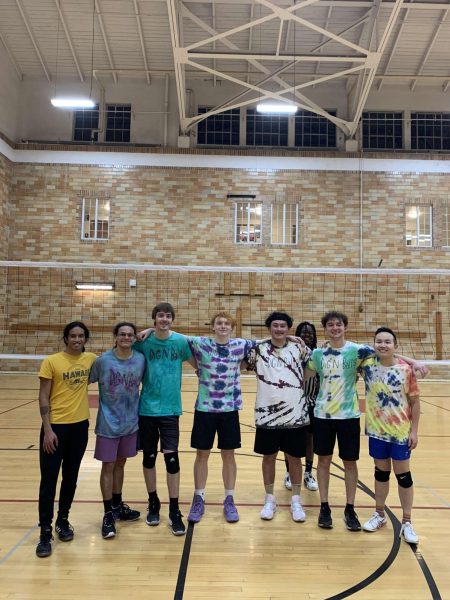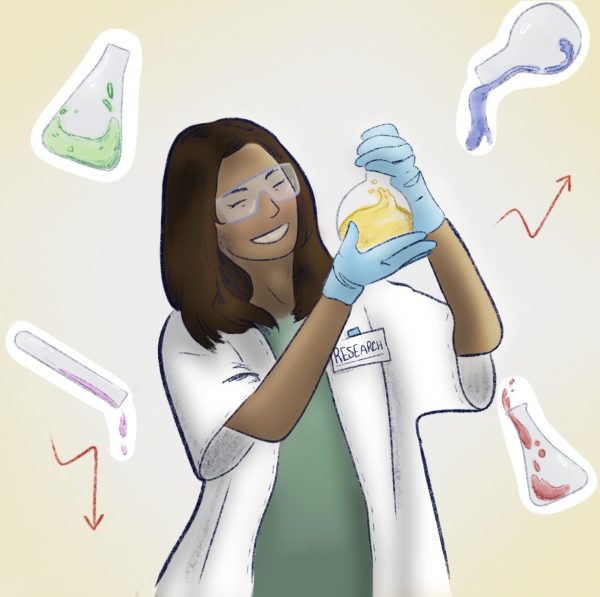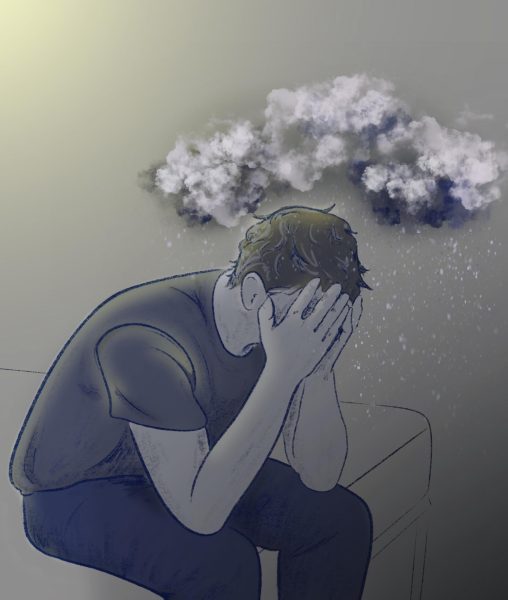Determining sexual values in college
October 5, 2015
College is the time where women decide their sexual standards.
In high school, most teenagers follow their parents’ beliefs. When they come to college, they have the opportunity to explore their own values for sex.
Developing a sexual identity is a combination of physical and emotional experimentation.
“For a woman choosing to have sex on her own terms, that doesn’t necessarily necessitate a negative interaction,” said Amy Buchanan, doctoral psychology intern. “However, if a woman is expecting something out of that one night stand and that is not reciprocated, then that has a potential to have a less positive impact.”
When a couple has closely-aligned values, there is less misunderstanding between what each partner wants out of the relationship. If a partner desires a deeper physical connection, it can result in his girlfriend feeling pressured, or vice versa.
“If a woman is engaging in increased sexual activity because of social pressures to meet a standard that isn’t true to them, then that discrepancy has more potential to create overall difficulties related to comfort with sex in the future,” Buchanan said.
This same self-consciousness can be felt by women who are hesitant to have sex. While there are many reasons that a woman could be unwilling to have sex, it may be rooted in their identity.
“It could be an identity piece, like ‘I haven’t figured out what I want out of sex,’ or ‘I haven’t figured out who I want to have sex with, and I’m not sure what that looks like,’” Buchanan said.
This uncertainty can leave women unclear about where they stand with sex. They refer instead to what society says about sex to help them decide what their values should be.
“What society tells us about women and what sex should look like in a woman’s life complicates that, and it increases our likelihood of forcing values onto someone that they don’t fit,” Buchanan said.
Even with the stereotypes that exist regarding women and sex, the reality is that those stereotypes aren’t as true as they seem, nor are they an accurate blanket representation of sexual expression at college.
“We are more likely to hear about folks who engage in sex with multiple partners because there’s something socially acceptable about that via social norms that are handed down to us by media,” Buchanan said.
According to the College Health Association, 30.7 percent of WSU students report having no sexual partner in the last 12 months, 40.3 percent only had one sex partner, and only 12.5 percent had four or more.
Peer pressure is forceful, but peer pressure regarding sex isn’t as valid as it claims to be, and shouldn’t be the guiding light of any woman’s sex life – it should be their own wants and values, not anyone else’s.
Alisa Smith is a sophomore communication and political science major from Arlington. She can be contacted at 335-1140 or by [email protected]. The opinions expressed in this column are not necessarily those of the staff of The Daily Evergreen or those of The Office of Student Media.


















